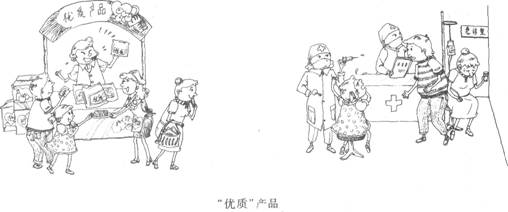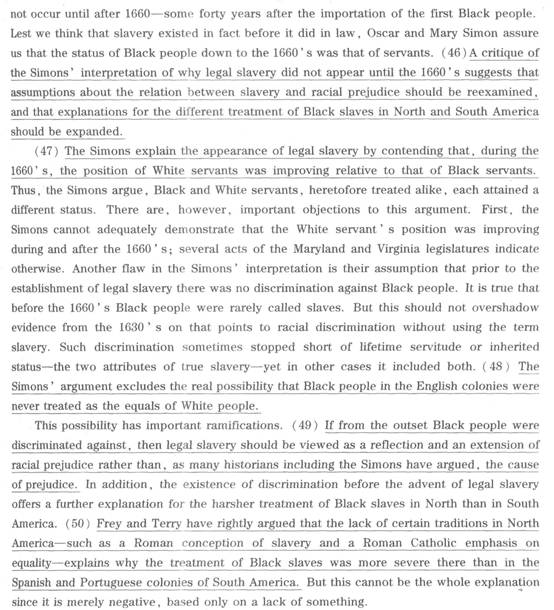

[A] He is unlikely to produce such a big hit in the near future, so more of his attention is directed to revising the old song and selling it to more people.
[ B] Back in the 1950s, he says, performers got only one-tenth of the share of royalties that they do now. For years, artists have, with good reason, accused big record labels of ripping them off.
[ C ] This month, early recordings by E1vis himself started to enter Europe ' s public domain. Over the next few decades a torrent of the most popular tracks from the Beatles, the Rolling Stones and many other artists will become public property in Europe--to the pleasure of fans and the consternation of the music industry.
[ D ] The music industry also points out that America gives artists almost twice as much copyright protection as Europe. America has repeatedly lengthened copyright terms, with the latest reprieve, the Sonny Bono Copyright Term Extension Act of 1998, giving performers protection for 95 years after publication.
[ E ] But when the attention is shifted from Europe to America, artists should feel much better because the length of copyright protection there is even shorter. It seems that the American government is more interested in serving the public than the already very rich artists.
[ F ] Music executives want the European Commission to protect them from such
unwelcome competition by extending the copyright term.
[ G ] And that estimate accounts only for songs up to the end of the 1950s. Far more will be at risk as music from the 1960s and 1970s moves out of copyright.
根据以上内容,回答1~5题。
__________
-
Directions:

Write him a letter to
1 ) invite him to attend the meeting and
2) ask him to make a speech during the conference.
You should write about 100 words on ANSWER SHEET 2. Do not sign your own name at the end of the letter. Use " Li Ming" instead. You don' t have to write the address.
( 10 points)
-
Directions:
Study the following two pictures carefully and write an essay of 160-200 words. In'your essay you should
1 ) describe the pictures briefly,
2) interpret the meaning of the pictures, and
3) give your comment.
You should write neatly on ANSWER SHEET 2. (20 points)

-
__________。
-
__________。
-
__________。
-
__________。
-


根据以上内容,回答1~5题。
__________。
-
__________
-
__________
-
__________
2005年初级经济师考试《旅游经济专
初级旅游经济师试题及答案一
初级旅游经济师试题及答案二
2005年初级经济师考试《邮电经济专
初级经济师试题及答案1(邮电经济)
初级经济师试题及答案1(保险经济)
初级经济师试题及答案2(邮电经济)
初级经济师试题及答案2(保险经济)
初级经济师试题及答案3(保险经济)
2014年经济师初级考试真题《建筑经



